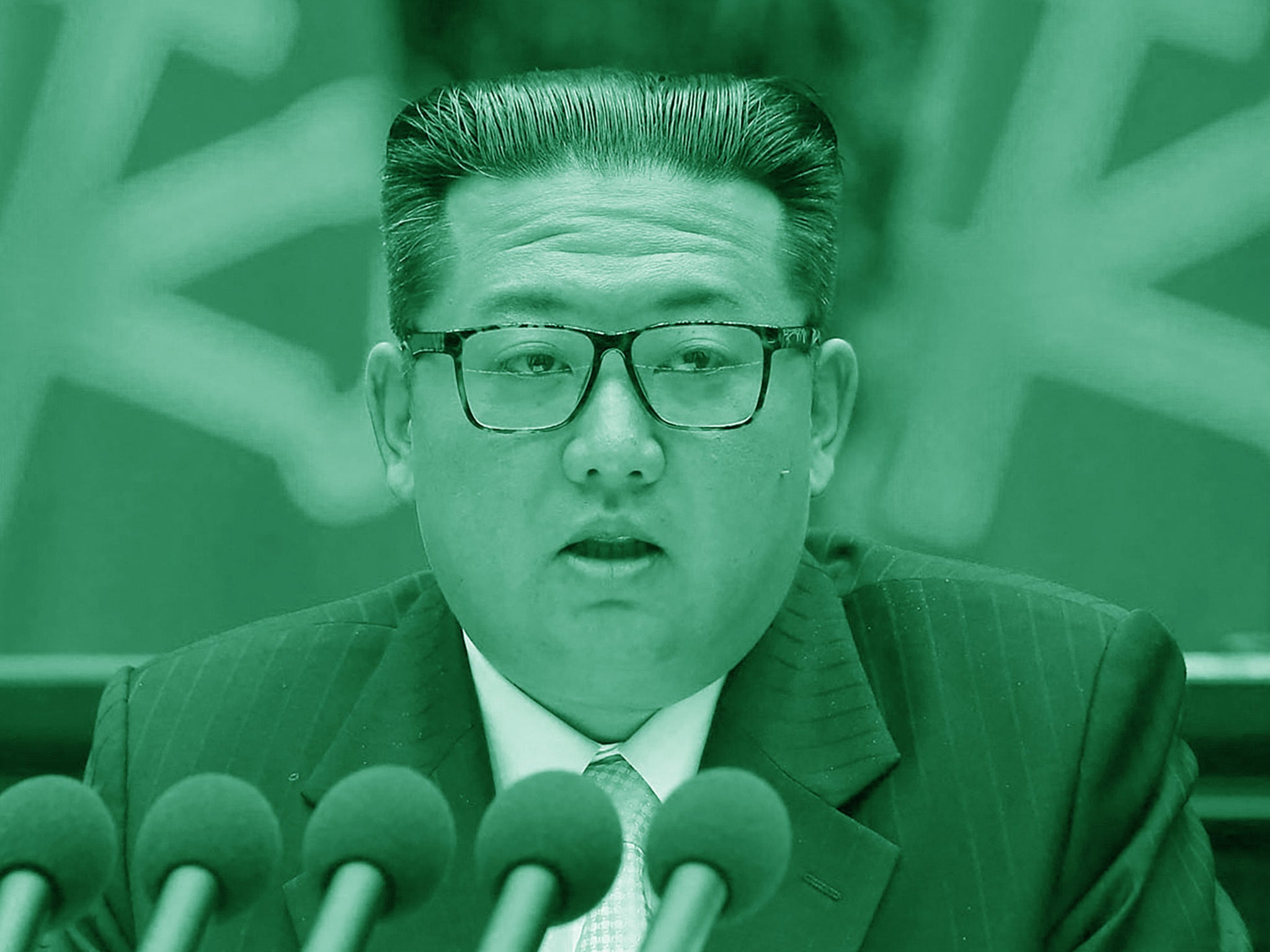How is the climate crisis affecting North Korea?
- What is the official North Korean stance on climate change?
- What effect has climate change had on North Korea?
- What does the climate crisis mean for North Korea in the future?

North Korea, through economic mismanagement and punitive sanctions, already struggles to provide basic goods and food for its population and thus maintain regime stability.
Some experts say climate change exacerbates the issues North Korea faces and could lead to security issues in the wider region.
What is the official North Korean stance on climate change?
In 2017 North Korea branded Donald Trump’s decision to withdraw the US from the Paris climate accord “short sighted and silly”.
Warning that “global warming is one of the gravest challenges humankind is facing today”, the secretive Communist state, said the former US president’s decision came "at the cost of the entire planet."
"The selfish act of the US does not only have grave consequences for the international efforts to protect the environment, but poses great danger to other areas as well," the statement, published on Pyongyang’s official Korean Central News Agency (KCNA).
“This is the height of egotism and moral vacuum seeking only their own well-being at the cost of the entire planet,” the statement added.
Despite its pariah status, North Korea signed the agreement. At the summit in Paris, the country’s then foreign minister Ri su Yong said North Korean leader Kim Jong Un had “declared war on deforestation”.
What effect has climate change had on North Korea?
In September North Korea’s leader Kim Jong-un called on his officials to deal with food supply issues and highlighted the danger of climate change.
Typhoons in 2020 ravaged vital crops, while weeks of drought followed by heavy rains caused serious agricultural problems last year.
He said measures to overcome "abnormal climate" were needed, and asked also officials to tackle drought and floods.
In August more than 1,000 homes were damaged and about 5,000 people were evacuated after torrential rain hit and caused river banks to collapse. No casualties or deaths were reported by the insular country’s state-run media.
Homes were submerged with floodwater up to their roofs, and hundreds of hectares of farmland were damaged.
Mr Kim had said that the "danger" of climate change had become "higher in recent years adding that "urgent action" needed to be taken.
Mr Kim also called for improvements to the country’s flood management infrastructure saying: "River improvement, afforestation for erosion control, dyke maintenance and tide embankment projects", should be prioritised.
Apart from the damage caused by natural disasters, North Korea’s economy has been hit hard by international sanctions.
What does the climate crisis mean for North Korea in the future?
The Center for Climate and Security, a thinktank which explores the security risks of climate change, conducted a study on how climate change will affect stability in the secretive dictatorship.
It states: “Climate change will introduce a series of stressors to North Korean society, which could upset its fragile governance and resource base and lead to instability or conflict.
“North Korean citizens, starved of both nutrition and information, may not be aware of the fragility of their situation. What is clear is that their livelihoods, and potentially the stability of the regime, are vulnerable to impending climate change.
“Climate impacts may weaken the ability of the Kim regime to deliver basic public services and governance functions, such as provision of food, shelter, safety, and energy. Multiple climate impacts will likely worsen food insecurity, damage infrastructure, induce migration, and constrain resources.
“Ordinary citizens of North Korea will bear a disproportionate share of the burden. These additional stresses could create pockets of domestic upheaval that could negatively influence the country’s general stability.
“The implications for regional security, including an escalatory conflict leading to nuclear weapons use, are complex and concerning.”
Join our commenting forum
Join thought-provoking conversations, follow other Independent readers and see their replies
Comments
Bookmark popover
Removed from bookmarks